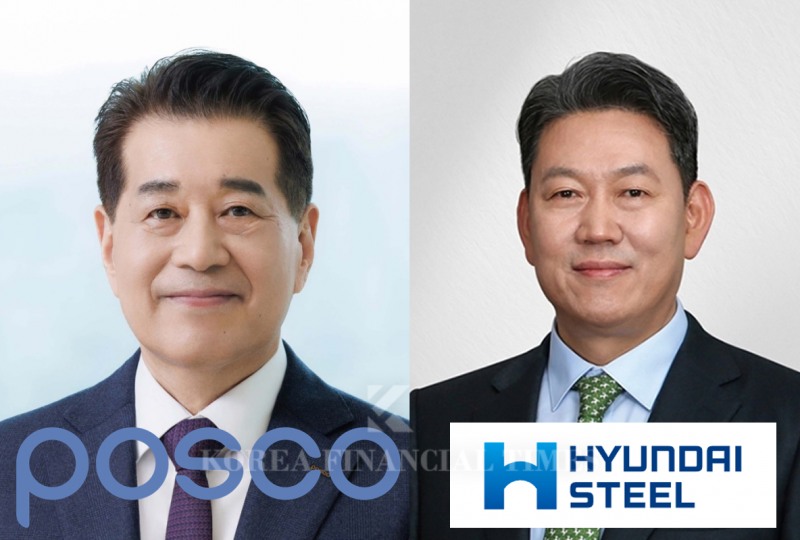
Jang In-hwa, Chairman of Posco Holdings (left), and Seo Kang-hyun, CEO of Hyundai Steel. / Photo: respective companies
이미지 확대보기Both companies are concentrating on building global supply chains, including securing steel mills capable of producing low-carbon steel. In particular, they are joining forces by cooperating on the construction of a large-scale electric arc furnace (EAF) steel mill in the United States.
According to Posco on the 6th, the company recently submitted a letter of intent to acquire the Whyalla Steelworks in South Australia to the state government. For this, Posco has formed a consortium with BlueScope (Australia), Nippon Steel (Japan), and JSW Group (India).
Posco plans to convert the aging facilities of the Whyalla Steelworks, which can produce 1.2 million tonnes of long products annually, into a base capable of producing eco-friendly low-carbon steel. In particular, the Whyalla region in South Australia can stably supply not only magnetite iron ore, but also eco-friendly energy such as solar and wind power.
Posco is currently pursuing the construction of a joint venture steel mill with JSW Group in India, which can produce 5 million tonnes annually, in addition to the Whyalla Steelworks. Posco’s aim is to build a global production system capable of 20 million tonnes annually by 2035, including overseas bases such as Indonesia.
Hyundai Steel is also pushing forward the construction of an electric arc furnace steel mill in Louisiana, USA, investing about 1 trillion KRW to secure low-carbon steel. Notably, this steel mill is a collaborative project in which Posco is also participating as an external investor.
The Louisiana steel mill is being built as an EAF facility with an annual production capacity of 2.7 million tonnes, with the goal of commencing operations in 2029. This facility will be the first eco-friendly EAF steel mill in the US and is regarded as a key base for responding to US steel tariffs.
Recently, Hyundai Steel has assigned part of its workforce from Pohang Plant No.2 to the Louisiana steel mill, following a restructuring. These employees, who were responsible for steelmaking and rolling at the Pohang plant, are expected to contribute to commissioning and quality control in Louisiana.
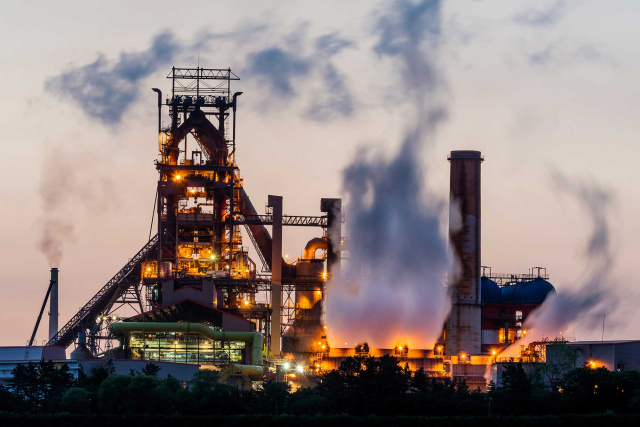
Posco Pohang Steelworks Panorama / Photo: Posco
Securing low-carbon steel is a core element of the mid- and long-term strategies of both Posco and Hyundai Steel. Low-carbon steel is environmentally friendly steel produced by reducing carbon emissions by more than 60% compared to traditional production processes. As calls for carbon neutrality grow louder in the global market, low-carbon steel is evaluated as a premium, high value-added product that will enhance export competitiveness and profitability.
In the second half of this year, the steel industry is expected to see a resolution of oversupply and price stabilization due to anti-dumping tariffs imposed on China, the world's largest steel producer, since May, as well as China's steel production cut policies. Additional anti-dumping tariffs on Chinese and Japanese products are also expected to serve as a performance momentum.
As both companies are showing improvement after emerging from a sluggish tunnel in the second quarter, their plan is to maintain the rebound trend through eco-friendly strategies including low-carbon steel.
The core steel business increased sales due to expanded domestic and overseas sales volumes, and operating profit reached 610 billion KRW—a 35.6% increase from the previous quarter—thanks to higher sales prices and lower raw material costs (iron ore and coking coal).
Posco stated, “We will accelerate eco-friendly steel production, focusing on the development of hydrogen reduction ironmaking, a next-generation steelmaking technology. The review of Whyalla Steelworks acquisition is based on the judgment that if abundant renewable energy in South Australia can be linked, it may help secure low-carbon raw materials in the mid- to long-term.”
Hyundai Steel also succeeded in turning a profit in the second quarter, recording operating profit of 101.8 billion KRW. According to financial information provider FnGuide and others, Hyundai Steel's operating profit estimates for the third and fourth quarters are 129 billion KRW and 158 billion KRW, respectively, continuing its growth trend.
Hyundai Steel stated, “We are conducting site foundation surveys for the construction of the Louisiana steel mill until the end of July, and will proceed with bids for the main equipment contracts until the end of August. We plan to select a preferred bidder, and all schedules are proceeding without a hitch. The share ratio and other project details will be determined within this year.”
Kim JaeHun (rlqm93@fntimes.com)










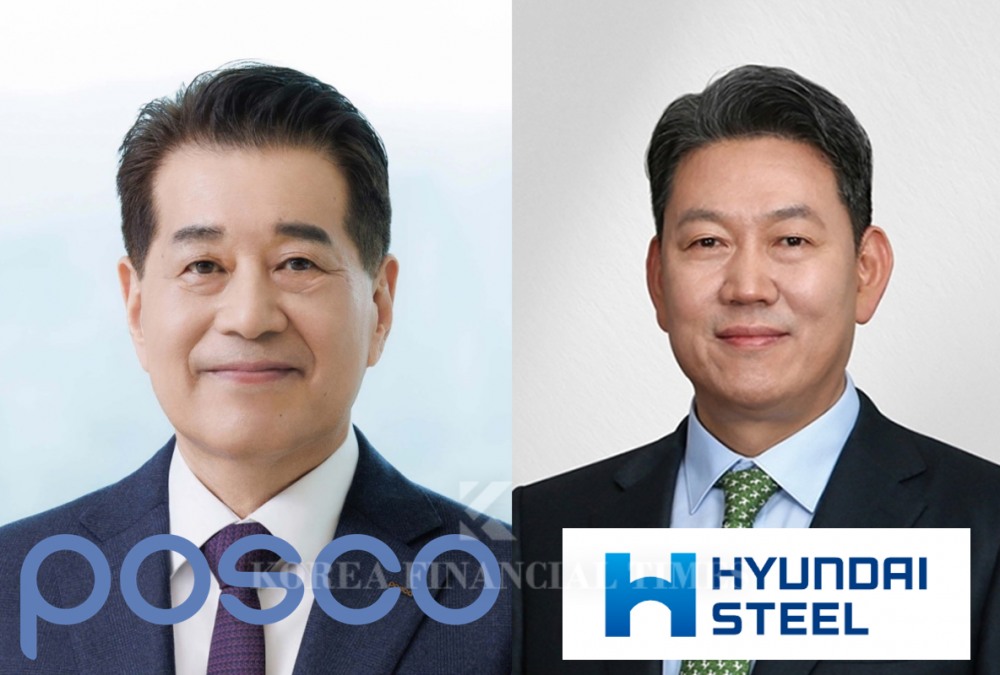






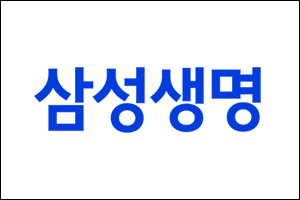










![코스피 6300인데···KB금융, 12거래일 연속 외인 '순매도' 이유는 [금융지주 밸류업 점검]](https://cfnimage.commutil.kr/phpwas/restmb_setimgmake.php?pp=006&w=69&h=45&m=5&simg=2026022621383900871b4a7c6999c121131189150.jpg&nmt=18)


![[속보] KAI 노조 "오늘 사장추천위 열린다"...사측 "확인 못해"](https://cfnimage.commutil.kr/phpwas/restmb_setimgmake.php?pp=006&w=69&h=45&m=5&simg=20260227135534054450d260cda7511817679169.jpg&nmt=18)

!['국장 ETF' 힘으로 코스피 상승…삼성운용 질주 [ETF 통신]](https://cfnimage.commutil.kr/phpwas/restmb_setimgmake.php?pp=006&w=69&h=45&m=5&simg=2026022608395305907179ad4390712813480118.jpg&nmt=18)
!['연임 특별결의' 도입 미룬 KB금융···'선제 조치' 타이틀 잡을 곳은 [2026 주총 미리보기]](https://cfnimage.commutil.kr/phpwas/restmb_setimgmake.php?pp=006&w=69&h=45&m=5&simg=2026022519321609304b4a7c6999c121131189150.jpg&nmt=18)











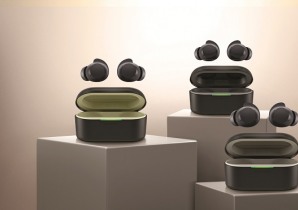

![[그래픽 뉴스] “돈로주의 & 먼로주의: 미국 외교정책이 경제·안보에 미치는 영향”](https://cfnimage.commutil.kr/phpwas/restmb_setimgmake.php?pp=006&w=298&h=298&m=1&simg=202602261105472649de68fcbb3512411124362_0.jpg&nmt=18)
![[그래픽 뉴스] 워킹맘이 바꾼 금융생활](https://cfnimage.commutil.kr/phpwas/restmb_setimgmake.php?pp=006&w=298&h=298&m=1&simg=202602021638156443de68fcbb3512411124362_0.jpg&nmt=18)
![[그래픽 뉴스] 매파·비둘기부터 올빼미·오리까지, 통화정책 성향 읽는 법](https://cfnimage.commutil.kr/phpwas/restmb_setimgmake.php?pp=006&w=298&h=298&m=1&simg=2026022714105702425de68fcbb3512411124362.jpg&nmt=18)
![[그래픽 뉴스] 하이퍼 인플레이션, 왜 월급이 종잇조각이 될까?](https://cfnimage.commutil.kr/phpwas/restmb_setimgmake.php?pp=006&w=298&h=298&m=1&simg=202601141153149784de68fcbb3512411124362_0.jpg&nmt=18)
![[그래픽 뉴스] 주식·채권·코인까지 다 오른다, 에브리싱 랠리란 무엇일까?](https://cfnimage.commutil.kr/phpwas/restmb_setimgmake.php?pp=006&w=298&h=298&m=1&simg=2026022714100604994de68fcbb3512411124362.jpg&nmt=18)
![[신간] 고수의 M&A 바이블](https://cfnimage.commutil.kr/phpwas/restmb_setimgmake.php?pp=006&w=81&h=123&m=5&simg=2025091008414900330f8caa4a5ce12411124362.jpg&nmt=18)
![[신간] 리빌딩 코리아 - 피크 코리아 극복을 위한 생산성 주도 성장 전략](https://cfnimage.commutil.kr/phpwas/restmb_setimgmake.php?pp=006&w=81&h=123&m=5&simg=2025032814555807705f8caa4a5ce12411124362.jpg&nmt=18)
![[서평] 추세 매매의 대가들...추세추종 투자전략의 대가 14인 인터뷰](https://cfnimage.commutil.kr/phpwas/restmb_setimgmake.php?pp=006&w=81&h=123&m=5&simg=2023102410444004986c1c16452b0175114235199.jpg&nmt=18)


![[신간] 이게 화낼 일인가?](https://cfnimage.commutil.kr/phpwas/restmb_setimgmake.php?pp=006&w=81&h=123&m=5&simg=2026010610254801367f8caa4a5ce12411124362.jpg&nmt=18)

![[AD] 현대차, 글로벌 안전평가 최고등급 달성 기념 EV 특별 프로모션](https://cfnimage.commutil.kr/phpwas/restmb_setimgmake.php?pp=006&w=89&h=45&m=1&simg=20260106160647050337492587736121125197123.jpg&nmt=18)
![[AD] 현대차 ‘모베드’, CES 2026 로보틱스 부문 최고혁신상 수상](https://cfnimage.commutil.kr/phpwas/restmb_setimgmake.php?pp=006&w=89&h=45&m=1&simg=20260105103413003717492587736121125197123.jpg&nmt=18)
![[AD] 기아 ‘PV5’, 최대 적재중량 1회 충전 693km 주행 기네스 신기록](https://cfnimage.commutil.kr/phpwas/restmb_setimgmake.php?pp=006&w=89&h=45&m=1&simg=20251105115215067287492587736121125197123.jpg&nmt=18)
![[카드뉴스] KT&G, 제조 부문 명장 선발, 기술 리더 중심 본원적 경쟁력 강화](https://cfnimage.commutil.kr/phpwas/restmb_setimgmake.php?pp=006&w=89&h=45&m=1&simg=202509241142445913de68fcbb3512411124362_0.png&nmt=18)
![[AD]‘황금연휴에 즐기세요’ 기아, ‘미리 추석 페스타’ 이벤트 실시](https://cfnimage.commutil.kr/phpwas/restmb_setimgmake.php?pp=006&w=89&h=45&m=1&simg=20250903093618029117492587736121166140186.jpg&nmt=18)



